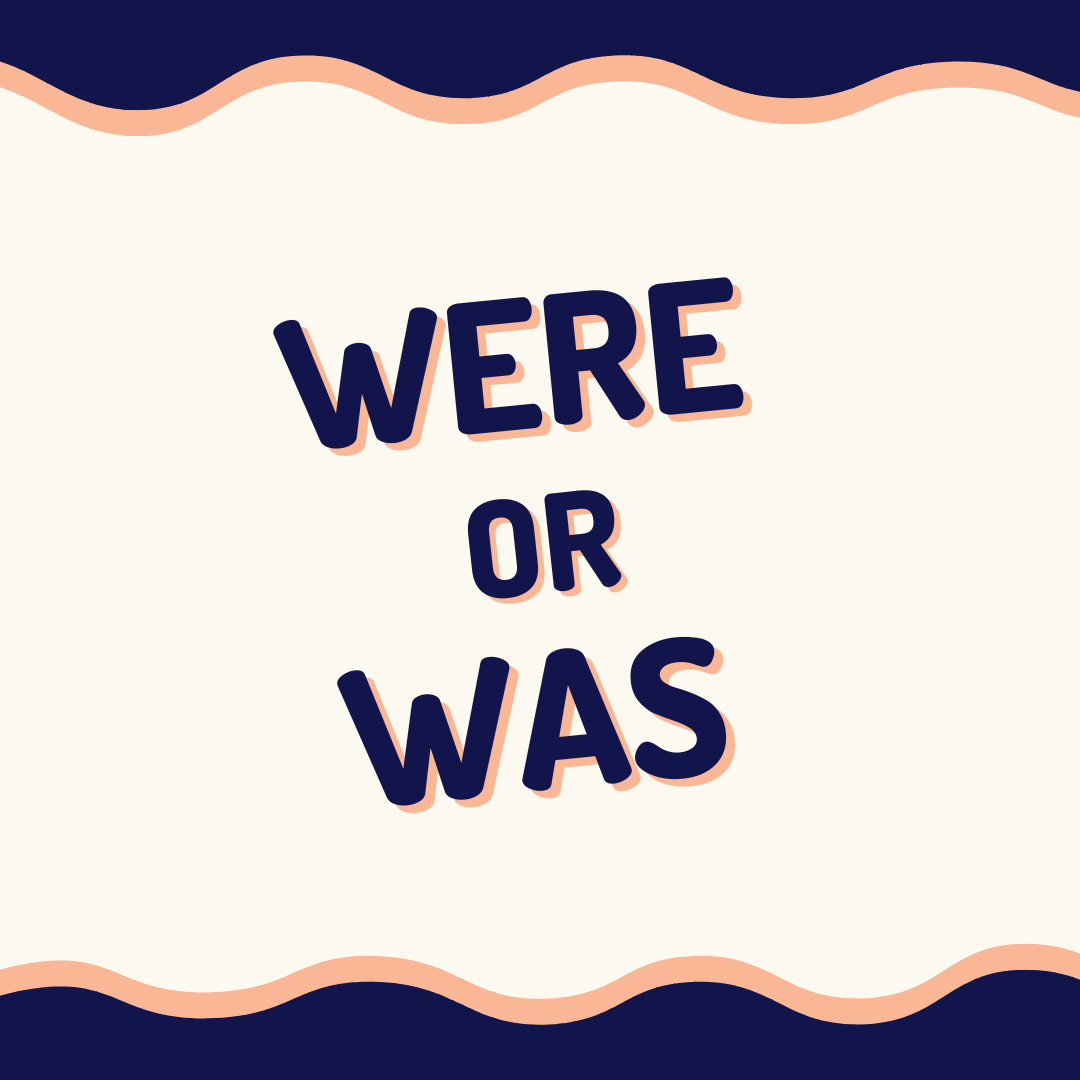Was e Were

Il verbo "to be" in inglese è uno dei più importanti e versatili del linguaggio. Viene utilizzato per esprimere l’esistenza, descrivere lo stato, l'identità, e per formare frasi interrogative e negative. In questa guida esploreremo come usare il verbo "to be" nelle frasi affermative, negative e interrogative, con esempi pratici per ciascun caso.
Struttura affermativa
Nelle frasi affermative, il verbo "to be" viene utilizzato per descrivere una persona, un luogo, o una cosa, o per esprimere l'età, la professione, l'origine, e altre caratteristiche. La struttura tipica di una frase affermativa con il verbo "to be" è:
- Soggetto + verbo "to be" + complemento
Esempi:
- I am a student. (Io sono uno studente.)
- She is happy. (Lei è felice.)
- They are teachers. (Loro sono insegnanti.)
In queste frasi, "am", "is" e "are" sono forme del verbo "to be" che concordano con il soggetto (I, she, they).
Struttura negativa
Per formare frasi negative, si aggiunge la parola "not" dopo il verbo "to be". In inglese, la forma negativa viene usata per esprimere il contrario di una dichiarazione affermativa.
Struttura:
- Soggetto + verbo "to be" + not + complemento
Esempi:
- I am not tired. (Non sono stanco.)
- He is not my friend. (Lui non è il mio amico.)
- We are not ready. (Non siamo pronti.)
È importante notare che la forma contratta di "not" può essere usata per rendere la frase più fluida: "I’m not", "He isn’t", "We aren’t", e così via.
Struttura interrogativa
Le domande con il verbo "to be" sono particolarmente semplici da formare. Si inverte l'ordine del soggetto e del verbo "to be" per creare una domanda. La struttura tipica di una domanda con "to be" è:
- Verbo "to be" + soggetto + complemento?
Esempi:
- Are you tired? (Sei stanco?)
- Is she your sister? (È tua sorella?)
- Are they from Italy? (Loro sono dell’Italia?
Per rispondere a queste domande, si usa una forma del verbo "to be" corrispondente al soggetto.
Esempi di risposte:
- Yes, I am. / No, I’m not. (Sì, lo sono. / No, non lo sono.)
- Yes, she is. / No, she isn’t. (Sì, lo è. / No, non lo è.)
- Yes, they are. / No, they aren’t. (Sì, lo sono. / No, non lo sono.)
Quando utilizzare il verbo "to be"
Il verbo "to be" è estremamente utile per esprimere stati e situazioni, parlare di identità e descrivere condizioni. Viene utilizzato in molteplici situazioni, come:
- Identità e professione: I am a teacher. (Sono un insegnante.)
- Stato fisico e emotivo: She is tired. (Lei è stanca.)
- Posizione geografica: They are in the park. (Loro sono al parco.)
- Formazione di tempi verbali continui: I am studying English. (Sto studiando inglese.)
In generale, il verbo “essere” è uno dei fondamenti della lingua inglese, e padroneggiarlo è fondamentale per poter comunicare correttamente. Se vuoi padroneggiare questa grammatica unisciti a noi nelle nostre lezioni di inglese online.
Conclusione
Il verbo "to be" è un pilastro della grammatica inglese e viene utilizzato in una varietà di contesti. Sia che si tratti di frasi affermative, negative o interrogative, comprenderne il funzionamento è fondamentale per migliorare le proprie competenze linguistiche. Se vuoi approfondire il tuo inglese, imparare a usare correttamente il verbo "to be" è il primo passo verso una comunicazione efficace.
